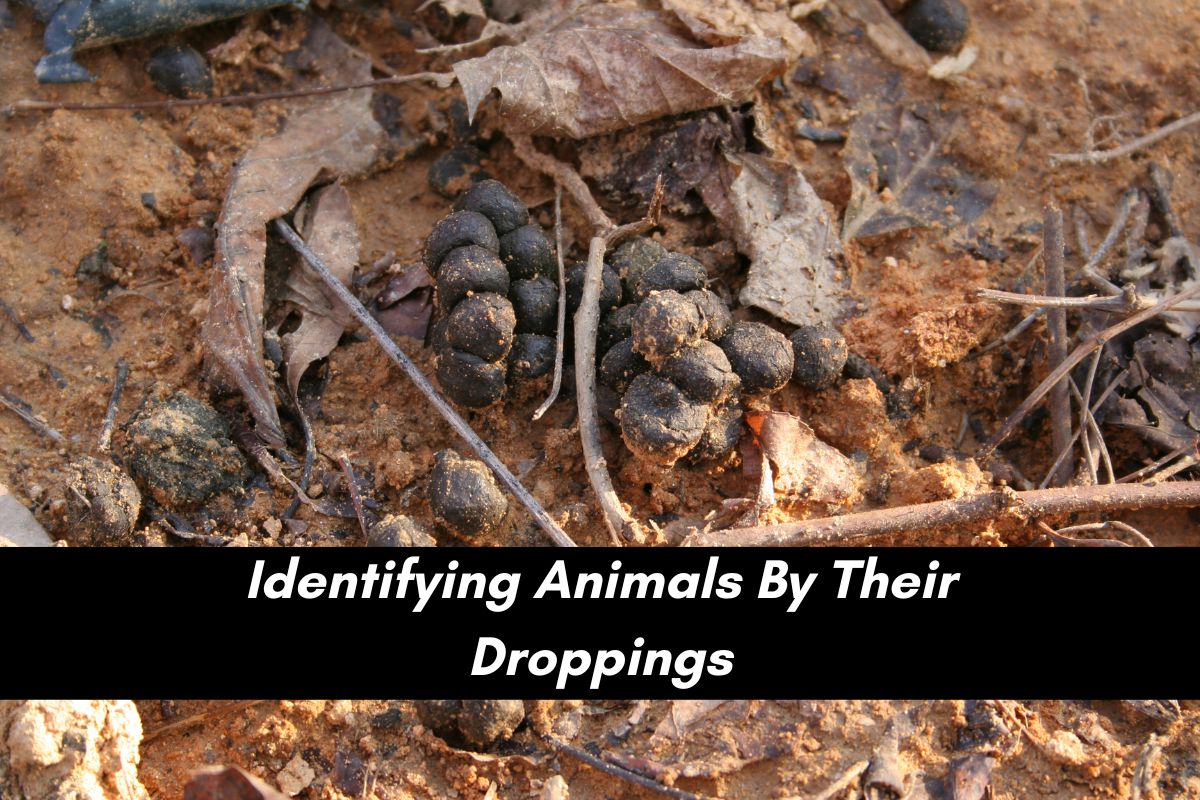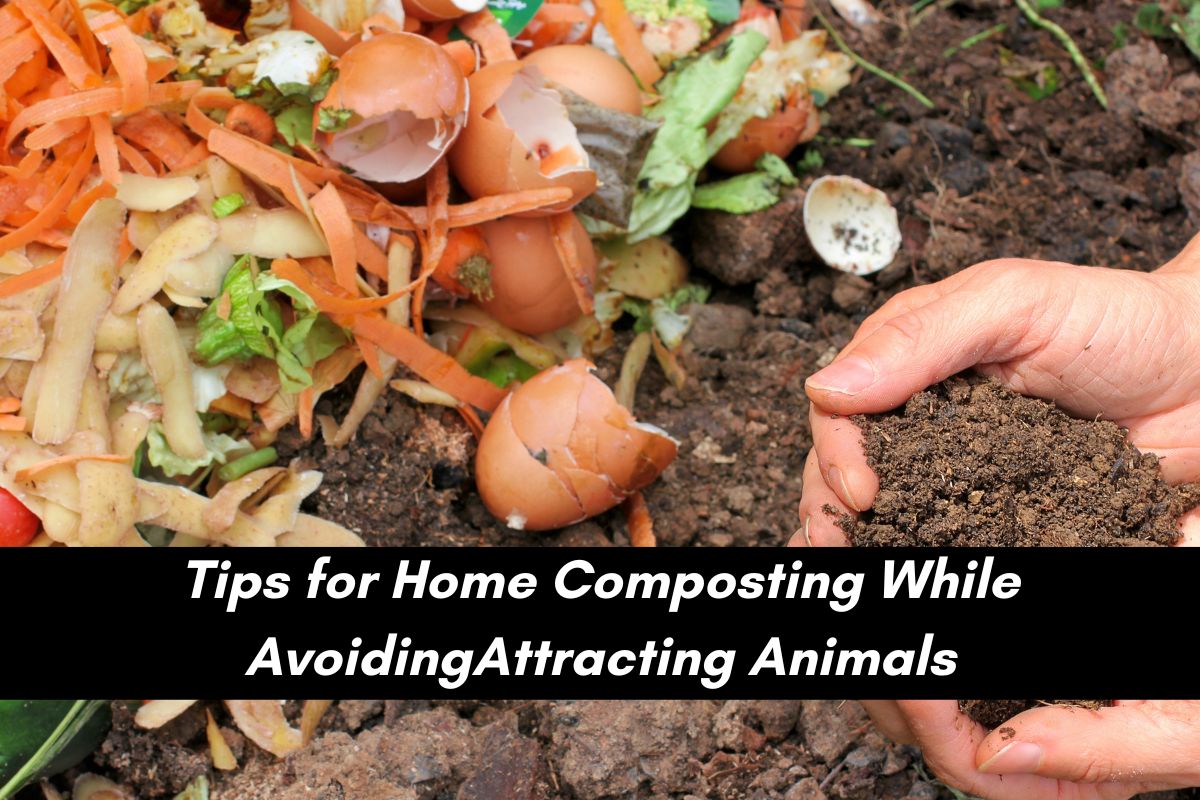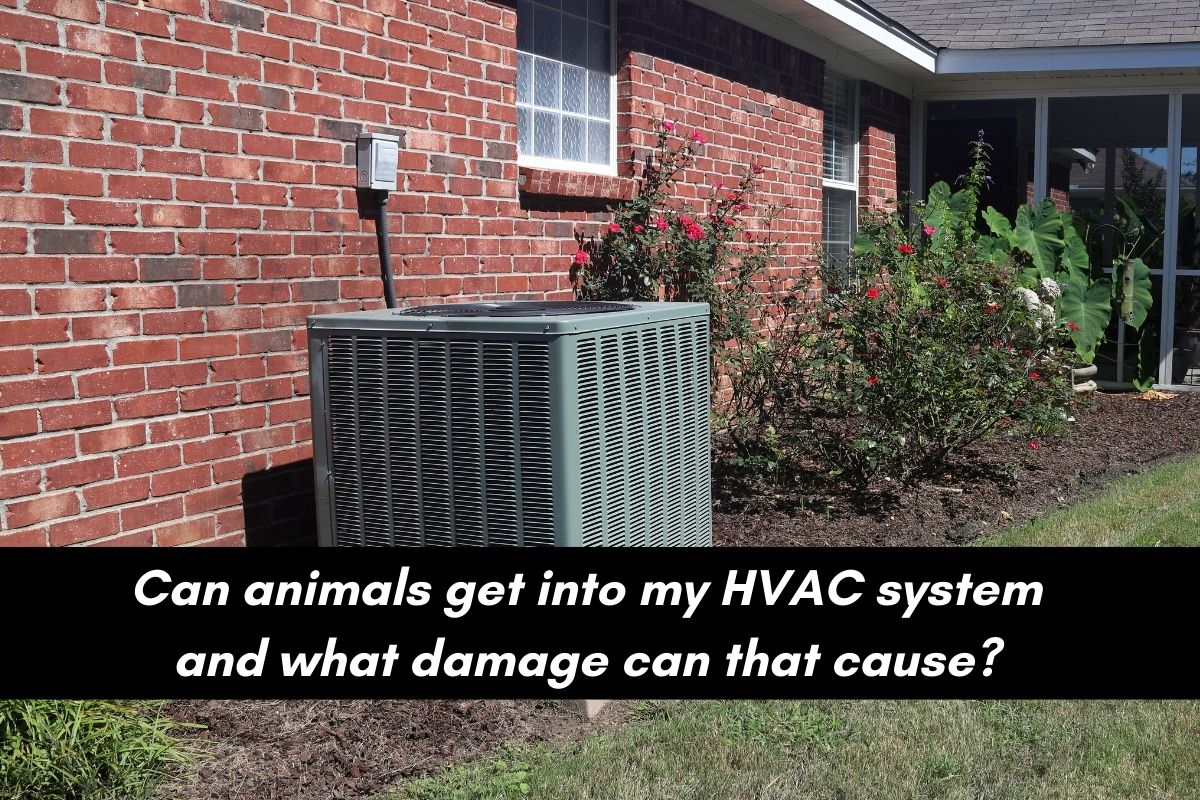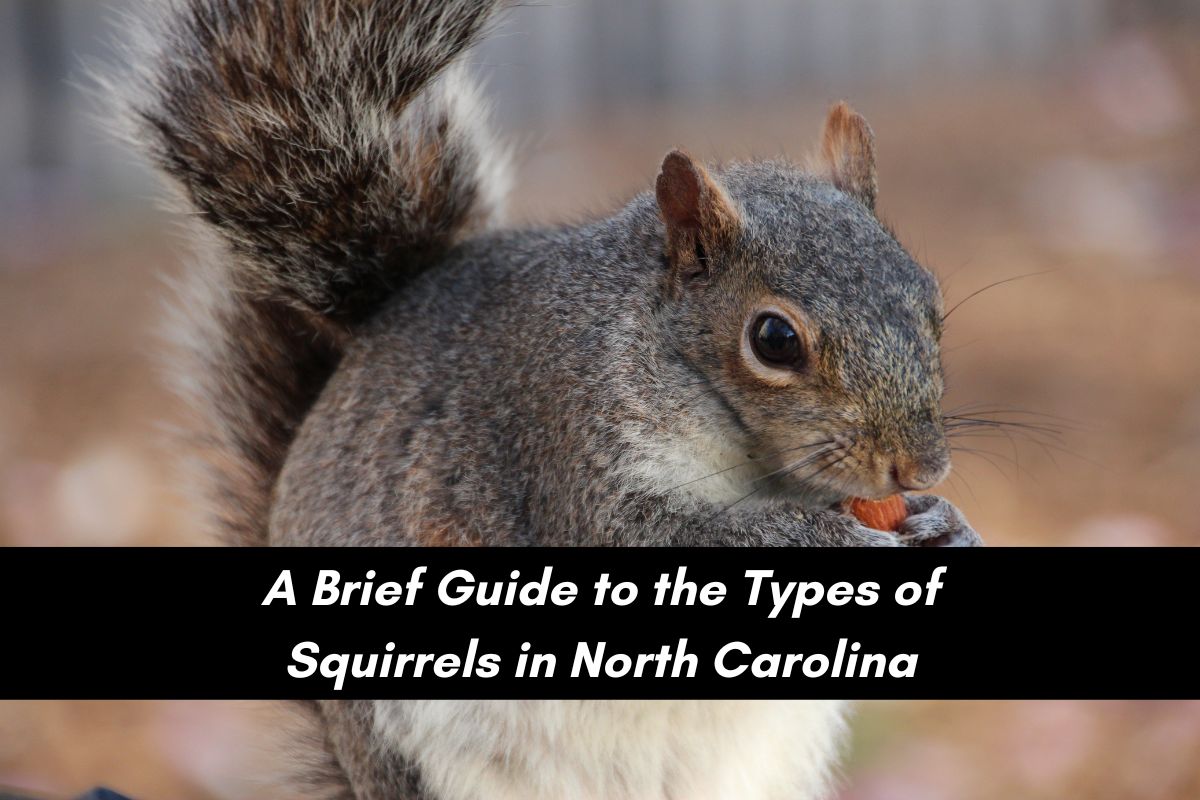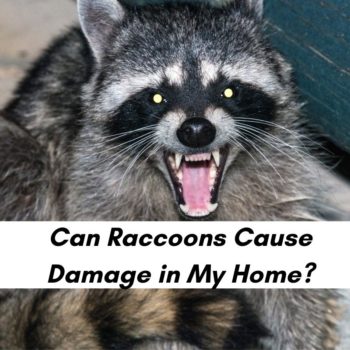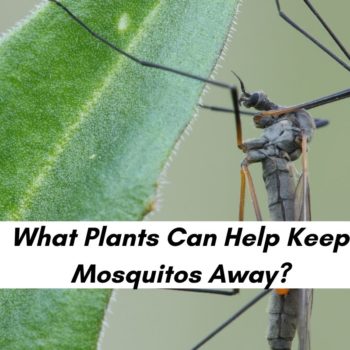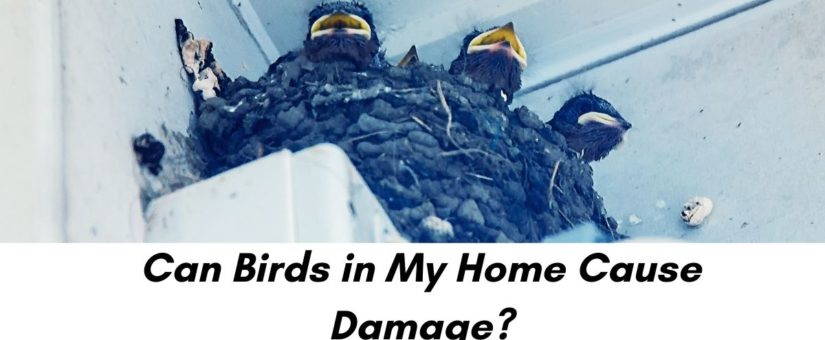
Can Birds in My Home Cause Damage
- Posted by AdminBW
- On March 24, 2021
- 0 Comments
A lot of homeowners in the Triangle set up a bird feeder, a bird bath and even a bird house so they can watch bird activity out their windows, maybe as they sip their morning coffee. So why would anyone want to chase these beautiful creatures away? But bird-related problems are actually one of the most common pest issues reported. The truth is, birds can cause a lot of havoc, depending on their species, their number and their activity.
Damage from birds
There is a wide variety of ways that birds can become a problem for a homeowner. Perhaps the worst, and most damaging way though, is if they gain access to your attic. Once inside the attic, the birds will try to find materials to make a nest. They may tear apart old photos and keepsakes, destroy insulation in the walls and roof, and generally cause mayhem.
They also can create a lot of waste, which has corrosive uric acid in it as well as dozens of harmful diseases. While the attic is the most likely place for them to set up shop, birds have also been known to build nests in garages, sheds, porch rafters and even inside the walls of your home. You may hear rustling, fluttering and chirping that brings their nests to your attention.
Another way they can damage your property is by attacking the soffits, siding, screens and other elements of the exterior of your home. They do not always notice glass, so they can even crash through windows if they get enough force.
Bird species that can cause issues
Three common “pest” birds are sparrows, pigeons and starlings. They breed in large numbers, carry diseases and don’t mind being in close contact with humans. Other problem species include woodpeckers, who often bore holes in soffits and siding; turkey vultures, who tear into shingles to get access to the roof; and crows, who can gather in large numbers, creating a health hazard with their waste.
How to get rid of birds that have become a nuisance
The Migratory Bird Treaty Act of 1918 implements a treaty between the U.S. and Canada to protect the continent’s birds. It protects the vast majority of bird species, but there are exceptions. Non-native birds, like the “pest” sparrows, pigeons and starlings, are not protected, so they can be trapped. There are still laws governing this, so make sure you are aware of the legal way to do this if you want to try it yourself.
Other birds are not protected by the MBTA, but they are game birds which can only be hunted during certain seasons. Strict laws also govern harming these birds. Birds like woodpeckers, even though they can cause a lot of damage, are off limits. So, what can you do?
Critter Control of the Triangle understands these laws and has the permits and equipment needed to tackle complicated bird problems. Doing it yourself is not only dangerous physically, especially if you’re dealing with raptors like eagles, hawks or owls, but it’s also dangerous legally. Let us take that liability and risk off your back and take care of the bird problems for you.
If you live in Orange, Durham, Wake or Chatham counties, call 919-382-0651 today to learn more.




